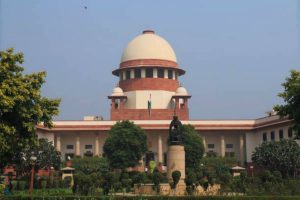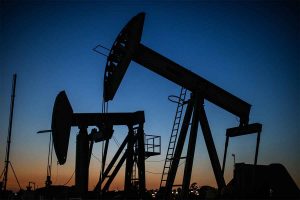The political chaos in France has deepened following Prime Minister Michel Barnier’s resignation after a rare no-confidence vote ousted him from office. This unprecedented move, the first of its kind in over six decades, has exacerbated the on-going political crisis, leaving the country’s leadership in flux. As President Emmanuel Macron faces mounting pressure, the resignation marks another chapter in a saga of missteps that have culminated in a deadlocked government.
For France, this uncertainty threatens to undermine not only political stability but also its economic future. President Macron’s decision to call snap elections last June was meant to secure a fresh mandate but backfired spectacularly. The ensuing deadlock in Parliament, split between the far right, the hard left, and the centre, made it impossible to form a stable government. The result is a prime minister consigned to history after just three months, with Mr Macron now tasked with finding a new leader who can unite a fractured legislature. The President’s 10-minute address to the nation, where he reaffirmed his commitment to stay in office until the end of his mandate in 2027, attempted to quell growing opposition demands for his resignation.
Advertisement
He blamed the political chaos on the far-right and left-wing forces, accusing them of collaborating in an “anti-republican front”. However, Mr Macron’s stance has done little to calm the growing sense of frustration among the French public, who are increasingly critical of a government that seems unable to navigate the political realities of a divided Parliament. In the short term, France risks a prolonged period of instability, with no new parliamentary elections constitutionally possible until July 2025. In the meantime, Mr Macron is scrambling to find a prime minister capable of leading a government in a deeply fragmented landscape. The President is hoping to persuade at least some members of the left bloc to join a new government, but this will be no easy task. The country’s political future hangs in the balance, and finding a compromise leader may not be enough to overcome the deeper issues of trust and division that have plagued Mr Macron’s presidency.
The financial markets have already reacted to the political uncertainty, with a widening gap between French and German bond yields signalling investor concerns. However, this economic unease is just the beginning. The political dysfunction in Paris could have far-reaching consequences, particularly for France’s role in Europe. Amid a government collapse in neighbouring Germany and rising populism, France’s internal strife risks diminishing its influence on the European stage. Moreover, France has a history of vocal public demonstrations, and growing frustration over economic inequalities and perceived government inaction could ignite widespread protests. In the midst of this turmoil, Mr Macron’s remarks about France’s achievements ~ such as the successful reconstruction of Notre-Dame Cathedral and the 2024 Paris Olympics ~ seem disconnected from realities on the ground. While these are undoubtedly significant, they cannot mask the broader crisis unfolding in the country











